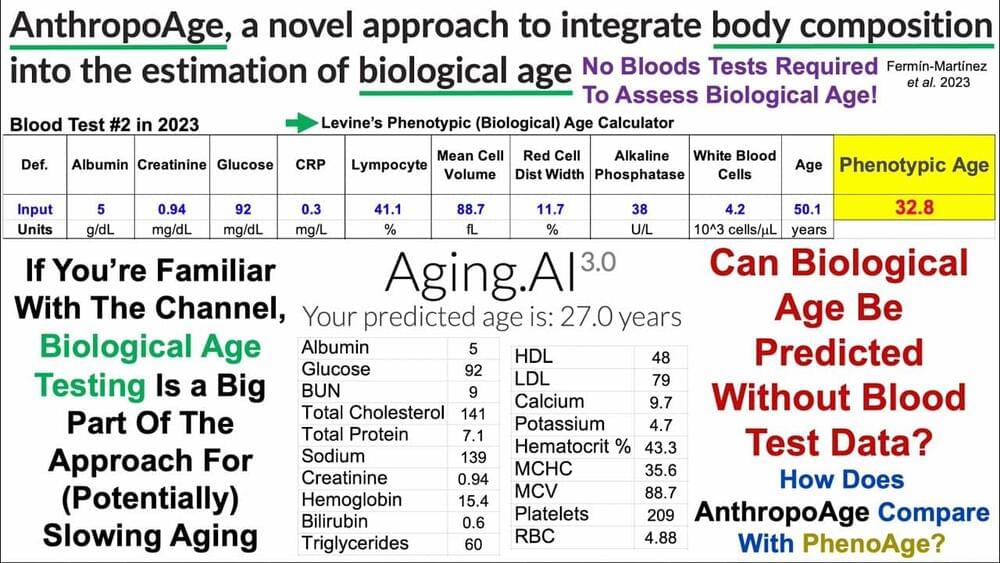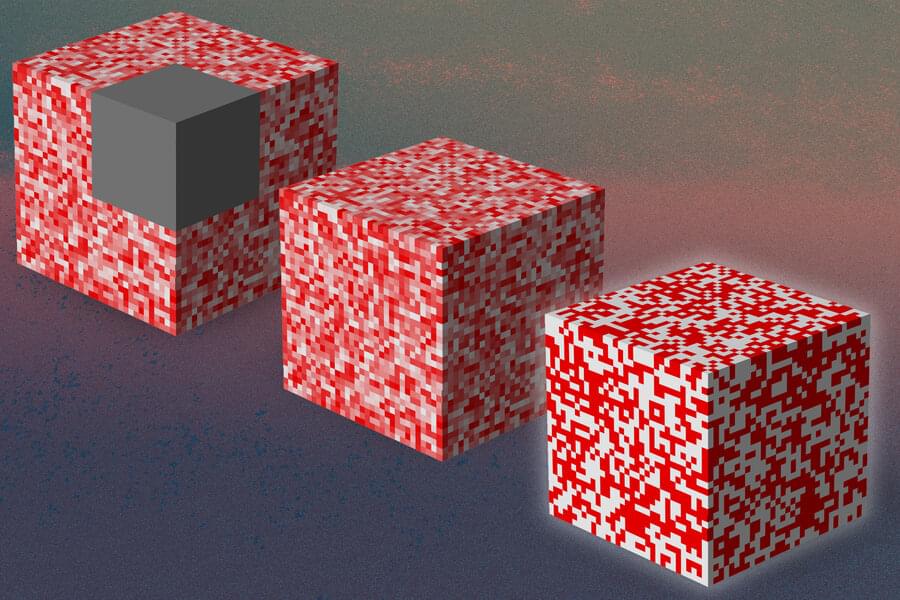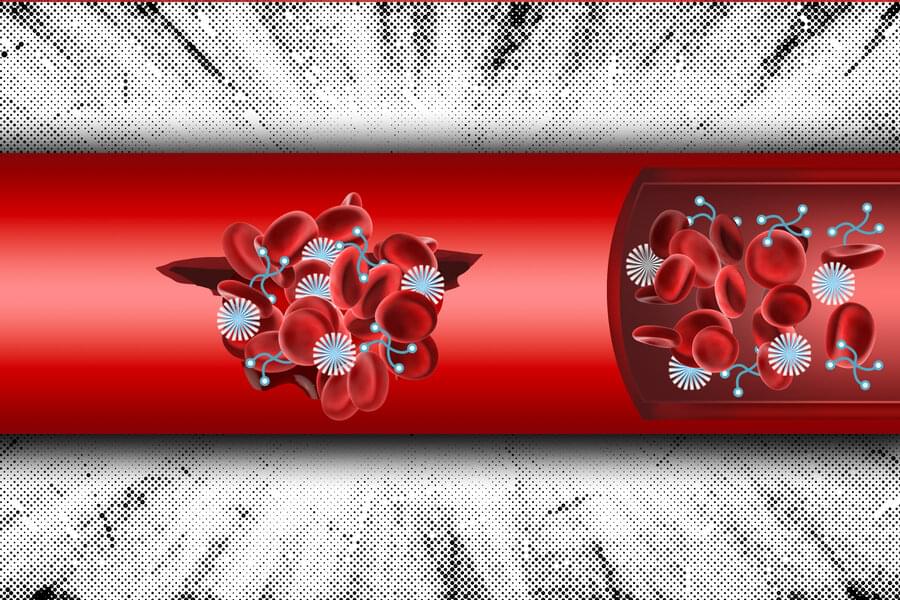A recent study published in Current Biology provides evidence that people suffering from nightmare disorder can experience an acceleration in the remission of their symptoms when treated with behavioral therapy and Targeted Memory Reactivation.
Nightmare disorder (ND) is a condition characterized by recurrent nightmares that significantly affect daytime functioning. Imagery Rehearsal Therapy (IRT) is the most recommended treatment for ND, whereby patients imagine a more positive outcome for their nightmare, and then recall the new dream. However, “approximately 30% of patients are unresponsive to this treatment,” the authors of the new study explained.
A growing body of evidence indicates that Rapid Eye Movement (REM) sleep can aid in decreasing negative emotions and consolidating the recall of positive emotional memories. With this in mind, the authors sought to investigate whether manipulating memory processing during REM could accelerate the remission of ND when combined with Imagery Rehearsal Therapy.









